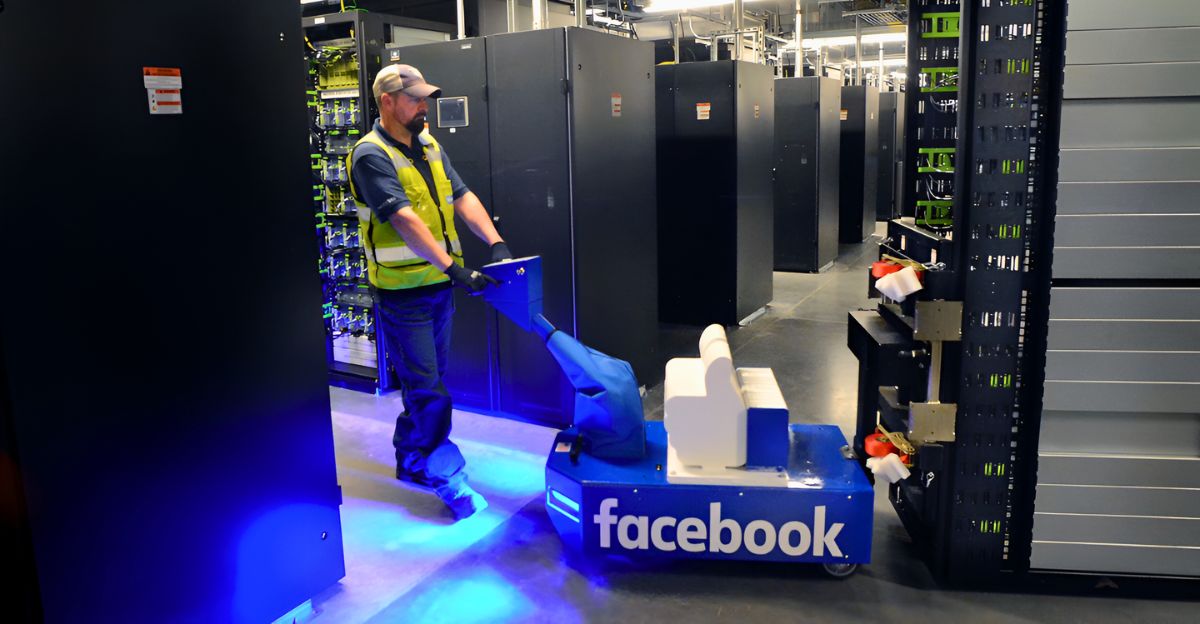
Louisiana’s utility regulators stunned observers by abruptly moving up a vote on Entergy’s Meta power plants to August 2025, weeks earlier than anticipated.
PSC Chairman Mike Francis justified the haste, saying “we got a peace deal with everybody — most of the big players — so it’s time to move on. Why wait?”.
Consumer advocates and environmentalists criticized the lack of a normal review period, warning that a complex $10 billion project was being rubber-stamped without proper public input or scrutiny.
The expedited schedule left some residents feeling shut out of a decision that could reshape their energy landscape.
Energy Surge
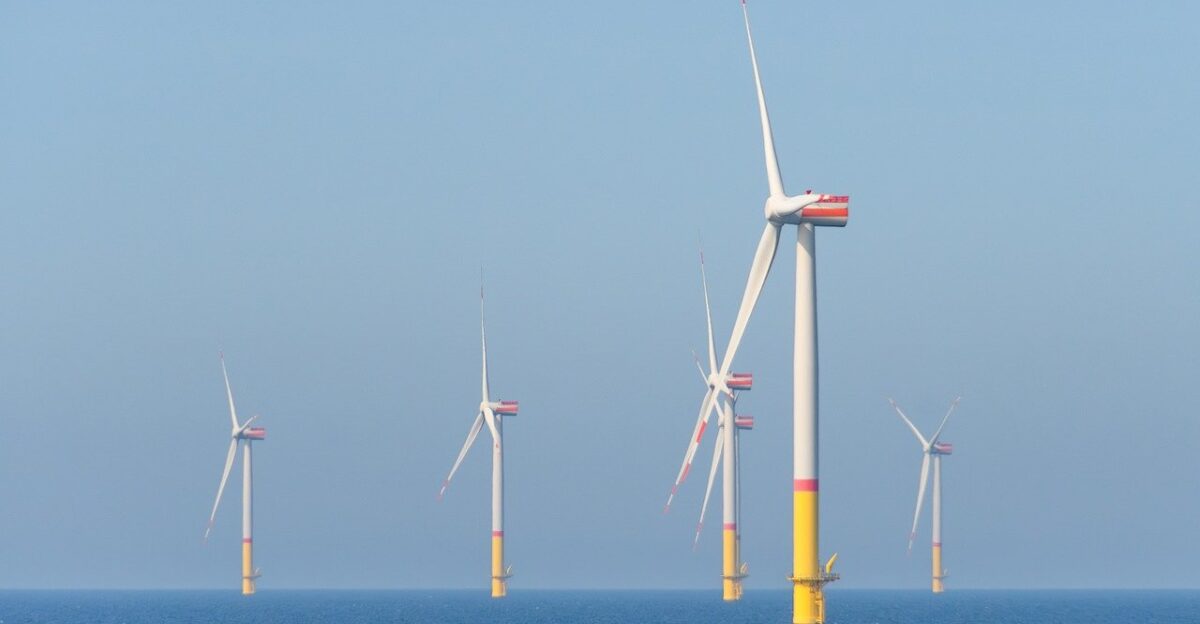
Industry reports warn that America is entering an era of explosive electricity demand driven by AI. World Economic Forum analysts note that global data center usage is set to double by 2027 (to roughly 500 terawatt-hours), with an AI query consuming about 10 times the energy of a typical web search.
In the U.S., data centers already drew about 4.4% of all electricity in 2022, and that share could rise to 6.7 — 12% by 2028.
This surge is forcing grid operators and utilities to scramble: projections from DOE and industry groups show utilities may need hundreds of new power projects to keep up.
The AI boom has become a full-blown “energy imperative,” demanding an unprecedented build-out of generation.
Rural Transformation

Northeast Louisiana’s economy has long lagged, as family farms and timber mills give way to mechanization and offshoring.
Richland Parish, where Meta’s new campus will sit, typifies this struggle: its population fell from about 20,757 in 2010 to roughly 19,826 by 2022, and roughly 23.5% of residents live in poverty.
Unemployment rates have been among the state’s highest, and many towns have hollowed out.
Local leaders say that for years they’ve watched corporate investment bypass the region. Now, many hope the Meta project will inject jobs and capital into an area that has “been waiting a long, long time” for such development.
Infrastructure Pressure
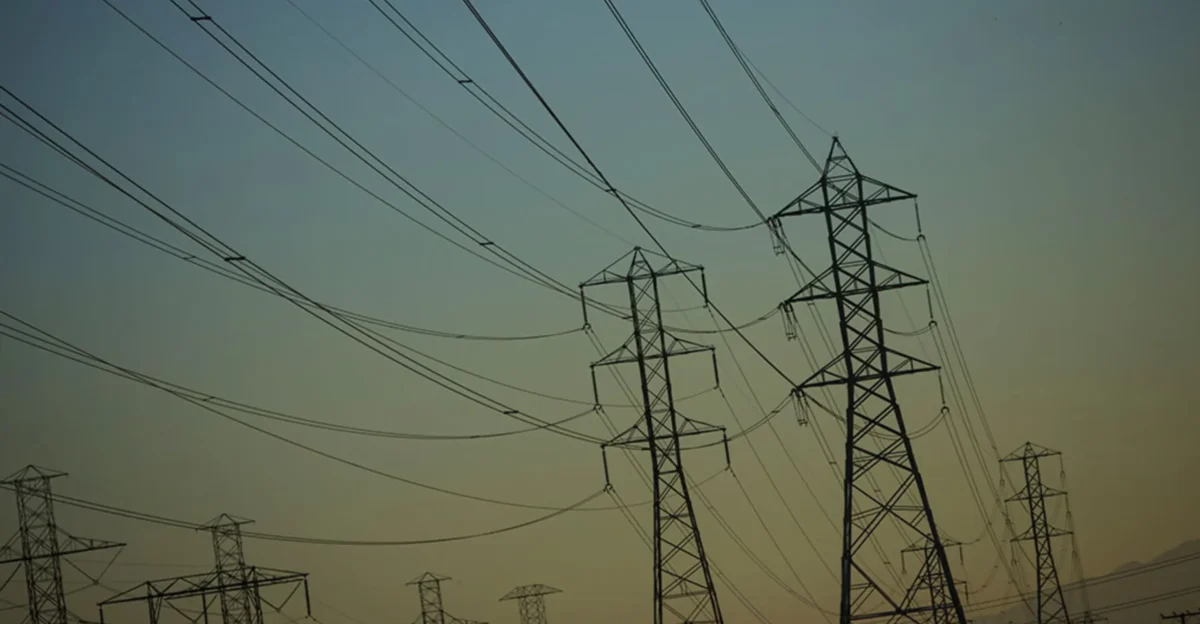
Louisiana’s grid already shows strain under extreme weather and aging equipment.
A 2025 audit found that the average outage duration statewide has surged — jumping from 5.5 hours in 2013 to nearly 9.7 hours in 2023 — making it among the least reliable in the nation.
The danger was on full display over Memorial Day weekend 2025: exceptional heat and system bottlenecks triggered rolling blackouts that left over 100,000 customers without power.
Entergy officials said those outages were caused by supply shortfalls in the MISO market, underscoring how little margin the grid has. With generators already pushed to the brink, adding Meta’s immense power draw raises serious questions about where and how that electricity will come from.
Approval Victory

On August 20, 2025, the Louisiana Public Service Commission voted 4–1 to approve Entergy Louisiana’s plan for three new 2.26 GW gas-fired generators dedicated to the Meta data center.
Most commissioners backed the deal as a breakthrough for rural economic development. Commissioner Davante Lewis cast the lone dissent, however, saying the hastened agreement “felt rushed” and he still had “a lot of things I just can’t verify at the moment”.
Supporters argued the settlement — which includes conditionals to protect other customers — was widely vetted by stakeholders, but critics noted that bypassing the usual judge’s review left many details untested.
The vote capstones months of intense lobbying and negotiations around the project’s terms.
Economic Catalyst

Proponents tout the Meta facility as a once-in-a-generation economic lift for the region.
Meta plans to hire about 500 full-time staff with salaries roughly 150% above the state average, alongside some 5,000 construction jobs at peak. Governor Jeff Landry called it “a game-changer,” saying it “delivers new jobs and economic growth on a scale unimaginable” without legislative action.
70% of the $10 billion would be locally procured over time, states Louisiana officials.
Northeast Louisiana lawmakers note that capturing these jobs has been decades in the making — as Landry’s office wrote, the announcement “puts this rural community on the leading edge of a global digital revolution”.
Local Champion
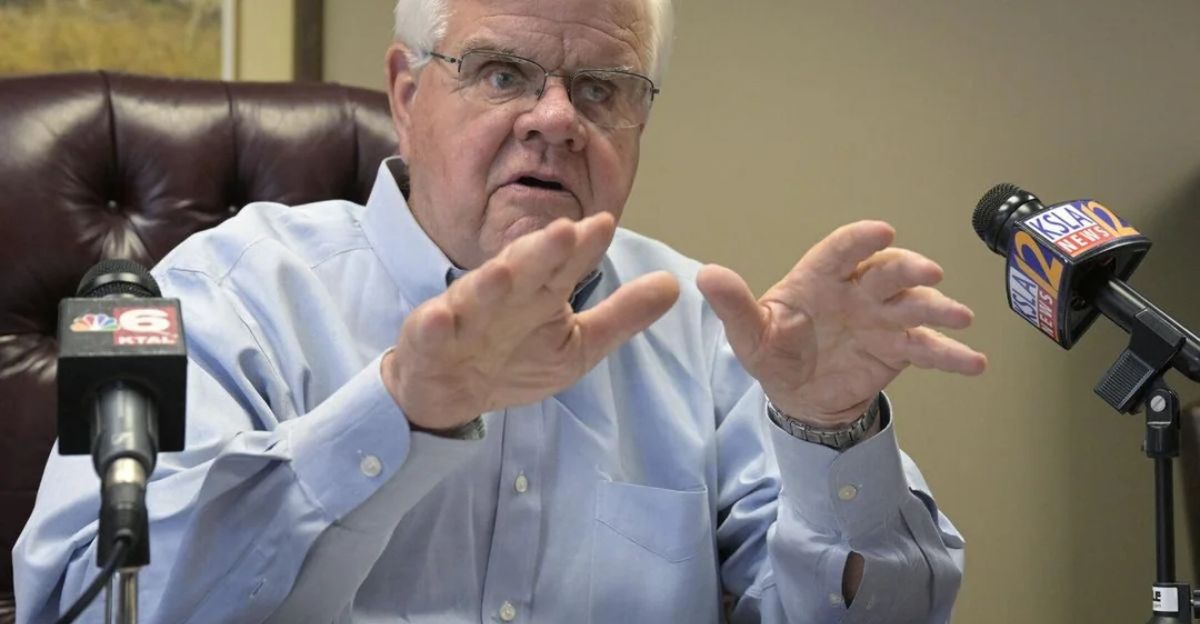
Longtime local officials cheer the deal’s impact on their struggling communities. Commissioner Foster Campbell (D-Bossier Parish), who represents the region, told reporters he’s “willing to take a chance” on the project, calling it exactly what he has fought half a century for.
His chief of staff added, “This is something [Campbell’s] been fighting 50 years for — to bring jobs to that area”.
Residents like Campbell see the data center as the first major industry investment to hit rural Louisiana in generations.
In towns from Rayville to Mangham, business leaders and elected officials describe the newfound buzz — partly because the project revives a shuttered Franklin Farm property — and promise it will stabilize shrinking local tax bases.
Supply Chain Crisis

Nationwide demand for gas turbines is outpacing supply. Energy industry sources report that lead times for new 1–2 GW combustion turbines have stretched into 2029–2030.
As Bobby Noble of the Electric Power Research Institute warns, some models are “years out—2029, 2030—before you can expect to have a new build ready to go.”
Manufacturers like Siemens, GE and Mitsubishi all have record backlogs, as data centers and other industries race to lock in capacity.
In fact, BlackRock CEO Larry Fink noted at a conference that tech firms have shifted from insisting on renewables to simply “we care about power” when planning new data centers.
National Stakes
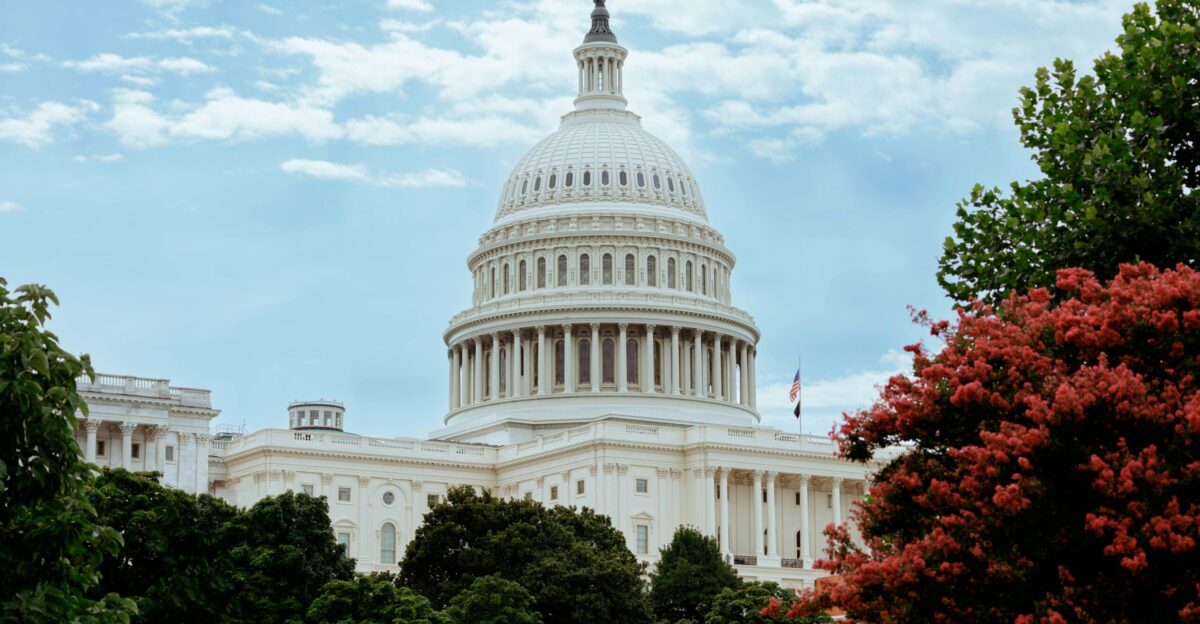
Federal energy officials have declared AI a top priority for grid planning. U.S. Energy Secretary Chris Wright said the nation is “on the cusp of a brand-new industry, an energy-intensive manufacturing industry called artificial intelligence,” and must “have tremendous energy production” to lead globally.
International bodies concur: the IEA predicts data center consumption will more than double worldwide by 2030.
Washington is urging states to expedite generation and transmission projects, even dubbing it an “energy emergency” in some policy debates.
In this context, Louisiana’s fast-track approval is seen by many in power circles as part of a broader “build, baby, build” mentality to maintain U.S. tech competitiveness.
Tax Break Bonanza

Behind the scenes, lawmakers engineered massive tax incentives for Meta. In an off-cycle session, legislators quietly rewrote a rural broadband bill into a data center subsidy: up to 30 years of state and local sales-tax rebates on Meta’s equipment and software.
Only one lawmaker publicly questioned this maneuver, calling it a “legislative sleight-of-hand”.
Critics say the rewrite undercuts the original broadband purpose. An analysis noted that the measure transformed “what was supposed to be a tax incentive for broadband internet…into an incentive for data centers”.
The switch drew fire from digital equity advocates who say rural towns will pay the price for data center tax cuts.
Environmental Opposition

Consumer and environmental groups have bombarded the PSC with opposition. The Alliance for Affordable Energy warned the new gas plants create an “energy black hole” that could destabilize the grid and shift billions in costs onto residential ratepayers.
Union of Concerned Scientists and housing advocates also raised alarms about climate impact.
Alliance director Logan Burke said the commission was being asked to approve something “unusual” with too little transparency, leaving everyday customers “at the mercy of a contract negotiated behind closed doors”.
They argue regulators rushed to favor Meta’s needs instead of prioritizing Louisianans’ interests or cleaner alternatives.
Corporate Commitment
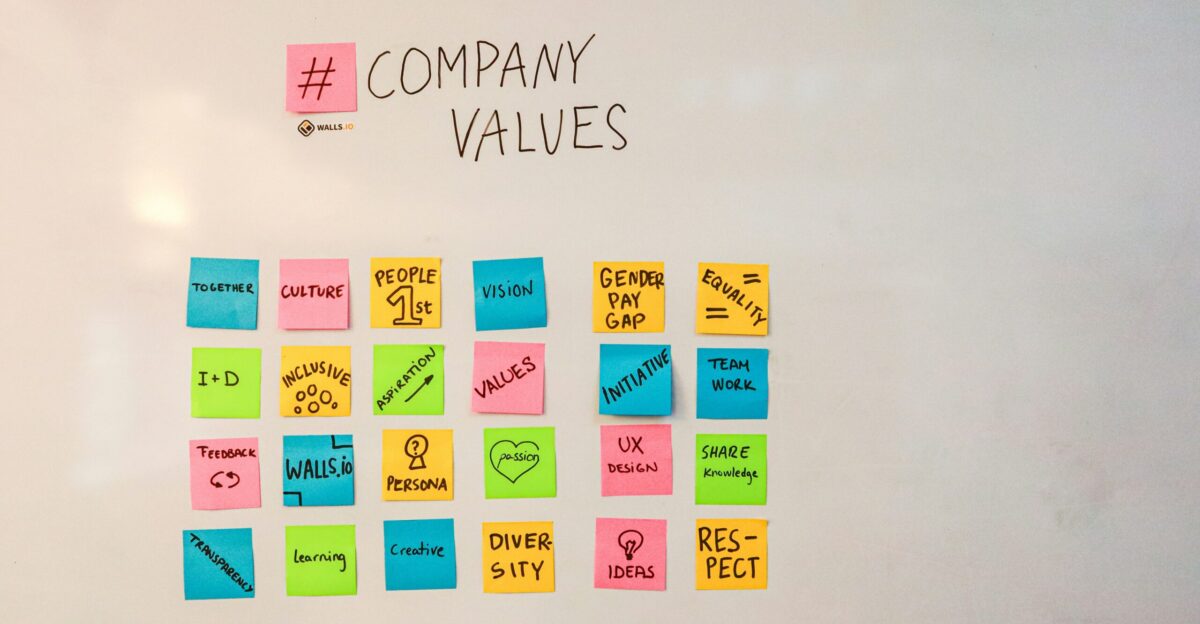
To soothe ratepayer concerns, Entergy and Meta agreed that Meta will fund the plants’ costs for 15 years. Entergy’s own consultant, Lane Sisung, testified that this arrangement limits customer impact to about “plus or minus $1 or so” per month on a typical bill.
Entergy expects only minimal rate increases initially because Meta is footing the bill. However, critics point out that Meta’s payments will stop in 2041.
They warn that if Meta leaves or fails to renew, Louisiana customers could be saddled with any remaining costs.
No one disputes Entergy’s claim that these plants would massively expand its system, but the long-term contract details remain contentious.
Grid Strategy
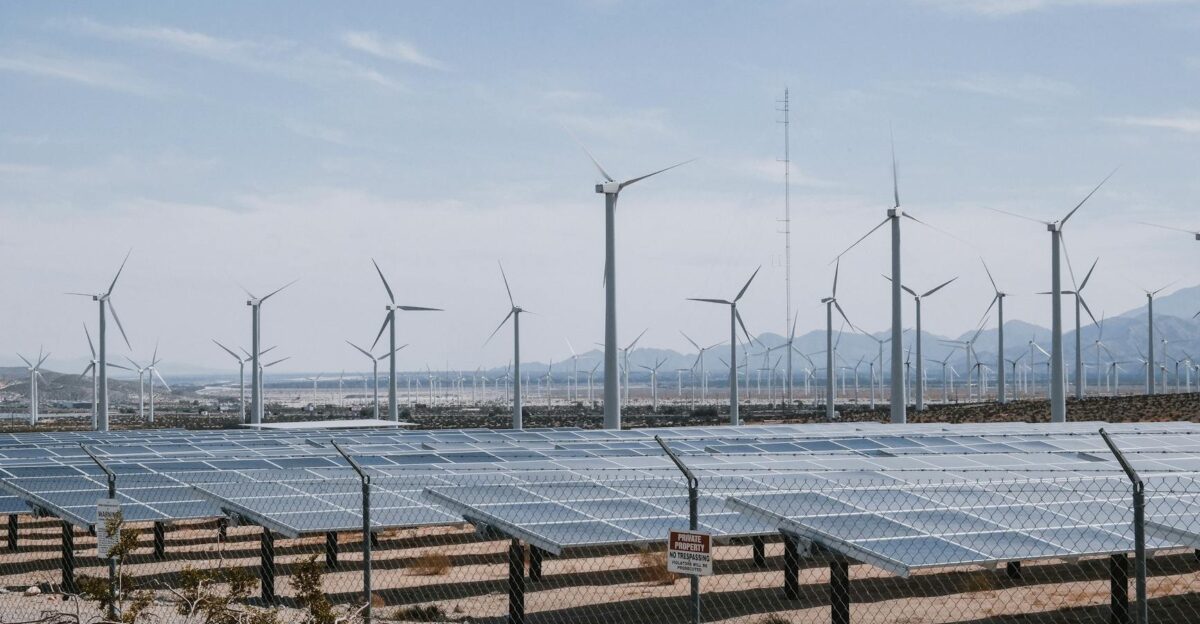
Entergy executives say the Meta deal will ultimately strengthen the grid.
Company president Phillip May emphasized that the plants come with co-investment in renewables, calling the project a commitment to “powering progress” and building infrastructure for “a brighter, more sustainable future for all of Louisiana”.
Entergy won approval to purchase up to 1,500 MW of solar over the next several years in tandem with the gas plants.
The PSC also imposed conditions to ensure Meta’s renewable projects are delayed until existing customers get their promised clean power.
The incremental generation and new transmission lines should relieve bottlenecks. Supporters argue that this mixed strategy will make the grid more resilient for everyone.
Expert Skepticism

Some energy analysts remain unconvinced. Even after three new turbines, experts warn Meta’s load could exceed generation capacity, requiring either more plants or life extension of coal units.
Paul Arbaje of the Union of Concerned Scientists said the demand is “astounding and kind of a new ball game” for grid planners.
Observers note that large data centers draw essentially constant power, so they change how utilities must plan.
Industry veterans are bracing for more surprises: they caution that Louisiana may have to approve even more infrastructure if Meta’s growth continues.
Future Questions

Louisiana’s decision could set a precedent for other states balancing tech vs climate priorities. The PSC’s approval has already prompted questions on Capitol Hill and in energy circles about whether to fast-track fossil infrastructure for AI expansion.
Observers will watch how the economics play out: will the promised jobs and investment materialize as projected, and at what cost to ratepayers and emissions?
The case is likely to influence similar proposals across the South, where many governors are touting data centers as economic development.
Ultimately, Louisiana’s path will test how America can meet AI’s voracious power appetite while still honoring environmental commitments.
Political Calculations
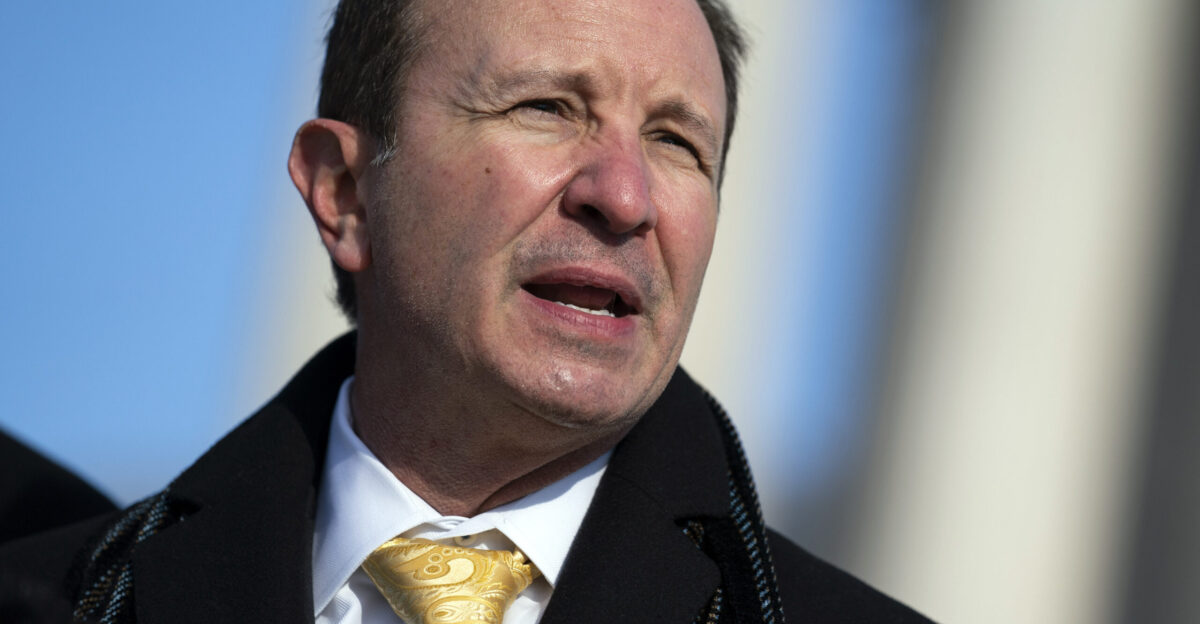
Republican Gov. Jeff Landry personally led the charge to win Meta’s project. He convened lawmakers in special sessions to rewrite tax rules and championed the deal as a bipartisan “game changer.”
In announcing Meta’s selection, Landry boasted it would “deliver new jobs and economic growth on a scale unimaginable” without such bold action.
The project has become a marquee achievement for his administration’s pro-business agenda.
Indeed, many credit Landry’s direct involvement and promise to clear legislative hurdles for sealing the deal. In political terms, Louisiana is now vying to be a top destination for AI data centers, a status Landry is eager to leverage.
Regional Competition
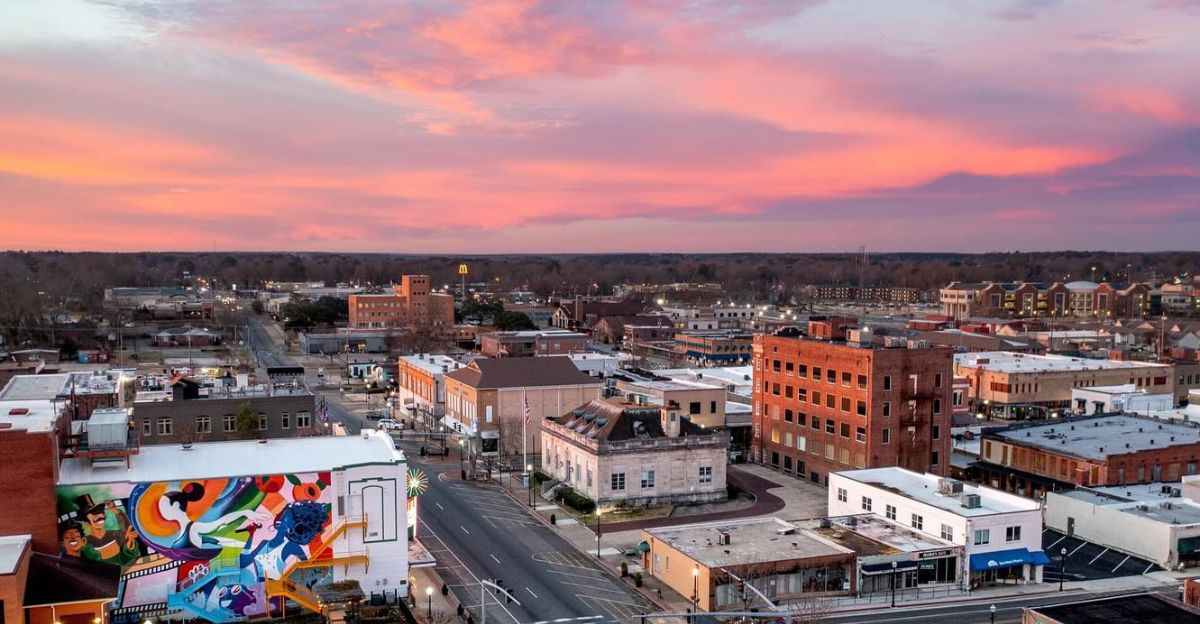
Louisiana’s victory comes amid a fierce Southern data center arms race.
Many neighboring states are offering big incentives and fast-track processes. Georgia and North Carolina have led the way for years, but more recently, Texas, Alabama, Mississippi and Arkansas have all rolled out lucrative deals.
One industry commentator noted that “Alabama, Mississippi and really all of the Southern states… are capturing data center deals that rank at the top of investments in state history”.
Louisiana’s capture of Meta’s $10 billion investment signals it will be a major player. Other governors have surely taken note and may respond by increasing their own offers for future AI infrastructure projects.
Environmental Tradeoffs

Critics say the Meta deal underscores a larger climate-versus-jobs dilemma. Meta pledged offsets (solar projects and carbon capture) to reach net-zero, but Senator Sheldon Whitehouse (D-RI) argues building new unabated gas plants directly “flies in the face of Meta’s climate commitments”.
He warned that the pivot threatens both the economy and climate safety, putting short-term profits over long-term sustainability.
In Louisiana, where the Legislature has also rejected climate initiatives, the tension is stark: renewable advocates point out that most future power will still come from gas, which could lock in emissions for decades.
For now, Louisiana has chosen immediate economic gain — a choice that comes with significant carbon tradeoffs.
Digital Divide

The tech boom highlights another Louisiana paradox: many rural communities still lack basic broadband even as cutting-edge AI infrastructure arrives.
Activists note that legislators funneled a broadband incentive bill into tax breaks for Meta at the same time as schools and towns begged for internet funding.
In Richland and neighboring parishes, high-speed internet is spotty, slowing local businesses and remote education.
One northeast resident asked: why pour billions into Meta’s campus when students can’t stream a lecture at home? This contrast — advanced data centers in a region with yawning digital gaps — has become a focal point for advocates of rural connectivity.
Energy Future
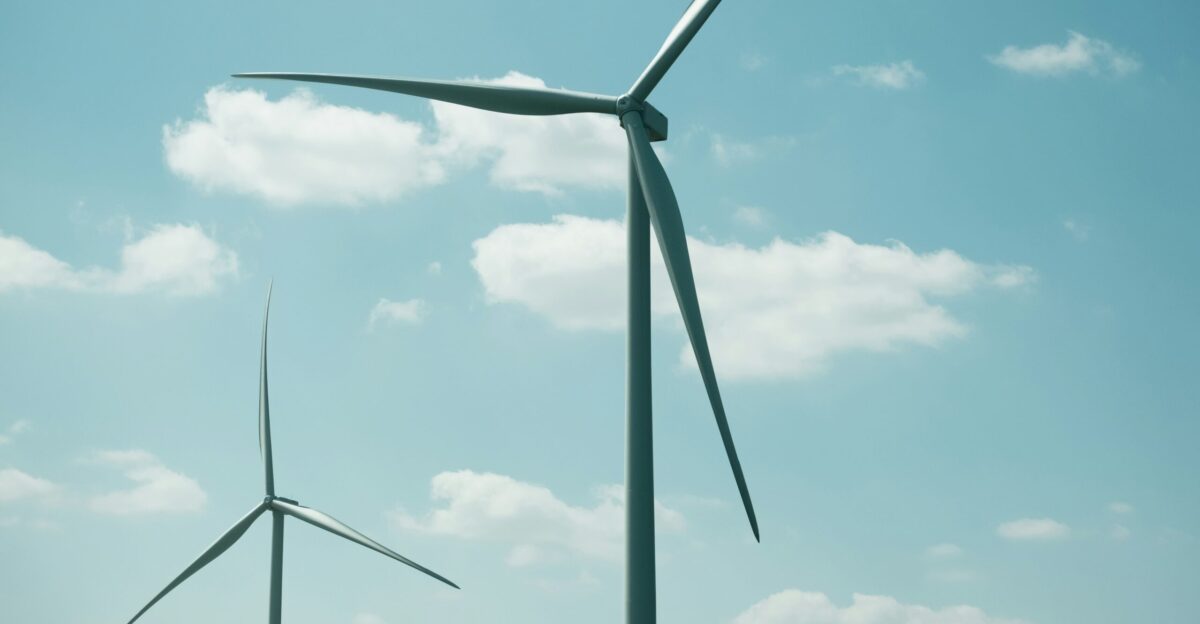
Louisiana’s Meta deal is a microcosm of a nationwide reckoning over AI and power. IEA Executive Director Fatih Birol has warned that “AI is one of the biggest stories in the energy world today”.
Industry analysts agree that U.S. electricity demand from data centers could grow explosively: Deloitte projects AI data center load in the U.S. could reach roughly 123 GW by 2035 (over 30× 2024 levels).
These forecasts underscore the stakes of Louisiana’s path: the state must both feed the new power-hungry economy and honor its environmental and grid-reliability promises.
The choices made here — about gas versus renewables, subsidies versus social needs — will help shape the energy transition in the AI era.